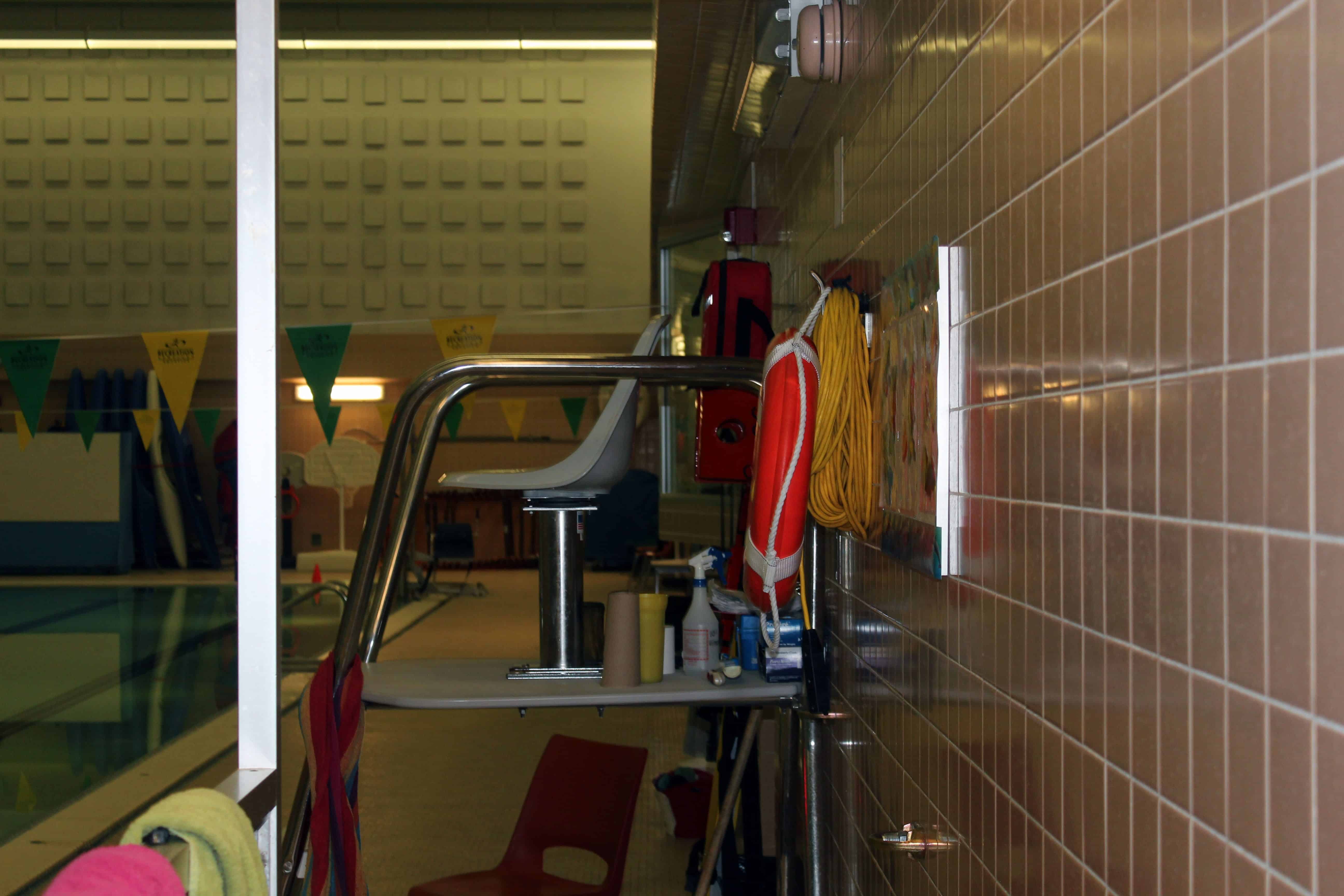URSU holds Annual General Meeting
AGM gives student their voice
On Oct. 24 URSU hosted every campus organization’s favourite practice in non-profit bureaucracy, their annual general meeting (AGM). Unlike the five-hour odyssey that was the last AGM, not to mention February’s special general meeting that included a lot of sparring between then URSU politicians Shawn Wiskar and Jermain McKenzie, last Thursday’s edition lasted a paltry 47 minutes. The quick pace was in large part due to a new rule that, while giving student clubs financial incentives to attend the meeting, also required them to have two members attend in order for their club status to be maintained. The change in policy meant a line reaching all the way to College West. Apparently, the wrath of a student club’s members is a bigger push than pizza.
All of the special business motions presented at the AGM were put forward by URSU president Victor Oriola. The first, aimed at creating a stabilizing force at URSU’s executive table that a certain newspaper has viewed as sorely needed in previous years, read like an adult being called in to clean up the children’s messes.
“WHEREAS the General Manager provides information, context, insight, perspective and advice and may also follow up on administrative tasks, and coordinate logistics for the URSU executives and serves as an ex-officio member of the Executive Committee according to Section 3.1.1.3 of URSU’s Committee Policy; BE IT RESOLVED THAT Article V Section 3 of the Constitution be amended to: ‘The Executive Committee shall consist of the President, the Vice-President Student Affairs, the Vice-President of Operations and Finance and the Vice-President of External Affairs. The General Manager shall act as an ex-officio member with limited voting privileges as defined in URSU’s relevant policies.'”
In practice, this means that URSU GM Carl Flis will have the (limited) ability to influence the work of the student executives and limit the damage they can do to the long-term well-being of the organization. The motion passed, with fellow executive Usman Khan acting as the seconder.
The second motion, also passed, means that the URSU executive can name a temporary replacement for the URSU President should they be unavailable for more than two weeks rather than the previous solution, which was for the VP Student Affairs to automatically assume the position. It’s almost as if URSU has had leadership issues in the last few years.
The third motion dealt with the chronic absenteeism that has plagued URSU’s board for the last few years.
“WHEREAS elected directors have a fiduciary responsibility to URSU and its members; and, WHEREAS directors are expected to attend Board meetings as scheduled; and, WHEREAS chronic absenteeism by a director demonstrates a lack of commitment and that the Boards activities can be hampered or limited by such absenteeism; BE IT RESOLVED THAT Article VI Section 9.1.1 be amended to; (9.1.1) If a Board member misses three consecutive meetings without sending their regrets to the Board Chair, that Board member will be automatically declared an ‘absentee’ and as such will cease being a Director of URSU and be relieved of their duties and responsibilities.”
The fourth motion aimed to avoid last year’s situation when Heather O’Watch’s fall resignation left the organization without a vice president external for the entire school year as her choice to leave meant that no by-election was available in order to find a replacement. Or, in non-profit verbage:
“(1.1) At its discretion, the Board of Directors, subject to a ⅔ majority, may at any time, call a special by-election to fill a vacant Executive position.”
The fifth and final motion had to do with the non-profit governance of the student centres, forcing them to be more up front about their financials (including, according to a source, the Women’s Centre) since they have been less than forthcoming about their financial position.
“BE IT RESOLVED THAT a Section 5 be added to Article XII as follows; (5) Any student centre that is supported by a member established levy must make its annual financial statements and governing documents publicly available at all times. Such documents can be posted on the student centre’s web site or be able to immediately provide hard copies on demand. URSU has the authority to withhold payment to any student centre of all or a portion of any applicable levies until such time that the student centre is in full compliance.”
Important to note is that this does not mean URSU can automatically withhold student fees if they don’t like what they see, just that student centres can’t withhold their financial statements and governing documents.









